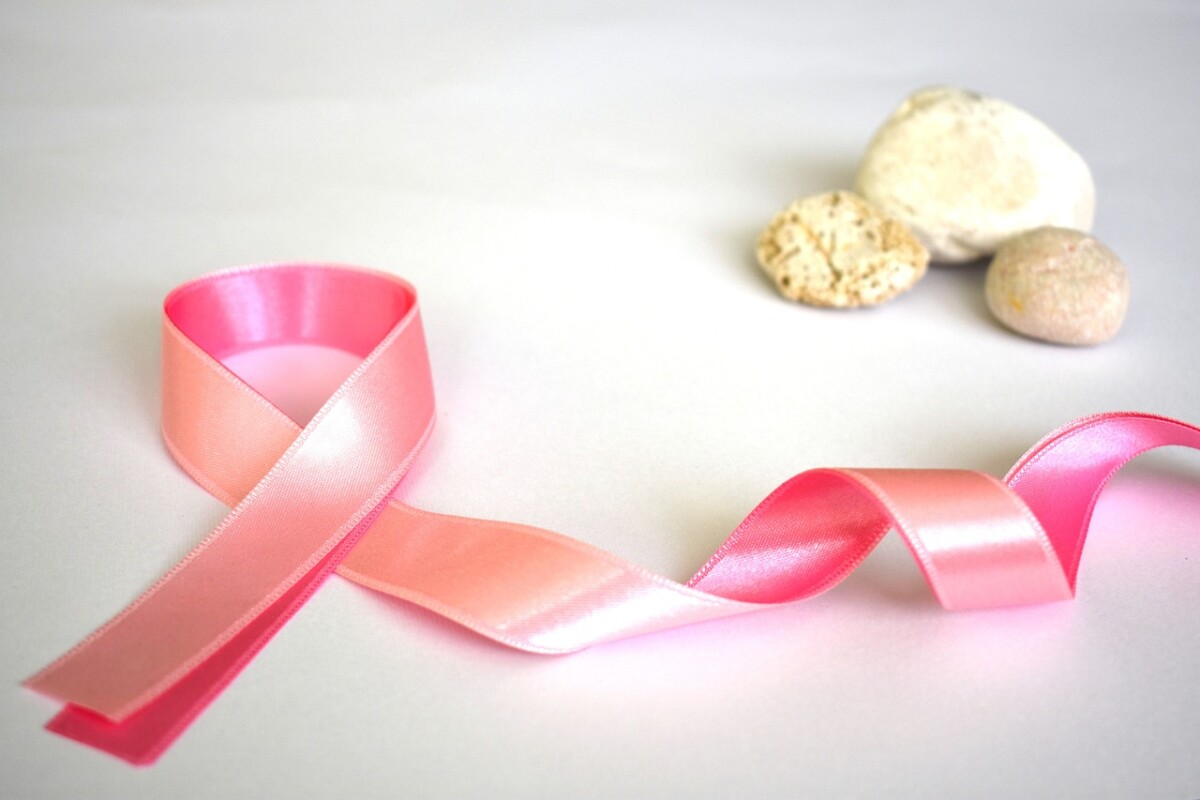Cervical cancer is one of the most common cancers affecting women. In Hungary, approximately 1,000 new cases are diagnosed annually, even though the disease is almost entirely preventable. Experts from the Clinical Center of the University of Debrecen emphasize the importance of regular screening and HPV vaccination during European Cervical Cancer Prevention Week, held from January 20 to 26.
- “In its earliest stages, cervical cancer shows no symptoms. By the time symptoms such as abnormal vaginal bleeding or bleeding after sexual intercourse appear, the disease is already in its second or third stage. Fortunately, the disease often remains in a precancerous state for a long time, during which it can be detected through cytological or HPV screening,” said Zoárd Krasznai, Director of the Obstetrics and Gynecology Clinic at the University of Debrecen Clinical Center, in an interview with hirek.unideb.hu.
In addition to screenings, experts stress the importance of the HPV vaccine. Cervical cancer is almost entirely caused by the sexually transmitted human papillomavirus (HPV), and many cases can be prevented with vaccination. In Hungary, voluntary HPV vaccination was introduced in 2014. The free vaccine is available to 12-year-old boys and girls in the 7th grade as part of a school-based vaccination program.
- “The school vaccinations are administered by the staff of the Debrecen Primary Care and Health Development Institute (DAEFI) at the University of Debrecen Clinical Center. The city boasts one of the highest vaccine uptake rates in the country. During the 2024/25 school year, we administered approximately 1,500 HPV vaccines. Among 7th-grade students, 84% of girls and 75% of boys opted for and received the free vaccine,” said Csaba Papp, Director of DAEFI.
The vaccine was first licensed in 2006, and age-group vaccination began in Australia in 2007. Long-term follow-up studies confirm that the vaccine’s effectiveness persists for years after administration.
- “One common concern from parents is that their children are too young for the vaccine. They often ask whether it would be more effective to vaccinate later, when the child is already sexually active. However, over a decade of experience and scientific research show that the strongest immune response is achieved at a young age. Those vaccinated early retain this immunity, and the vaccine provides lasting, long-term protection. For children under 15, two doses are sufficient, but after that age, three doses are needed,” explained Zoárd Krasznai.
Zoárd Krasznai also emphasized that, in addition to childhood vaccinations, it is important for adults to get vaccinated, as the vaccine provides significant protection at any age. The vaccine can also help women who have already developed a precancerous condition.
- “Scientific evidence shows that in women with a precancerous cervical condition requiring intervention (such as a LEEP procedure or cervical excision), administering the vaccine before or immediately after surgery significantly reduces the risk of recurrence,” Krasznai stated.
During Cervical Cancer Prevention Week, held across Europe from January 20 to 26, experts are highlighting the importance of screening and HPV vaccination.
(unideb.hu)

















